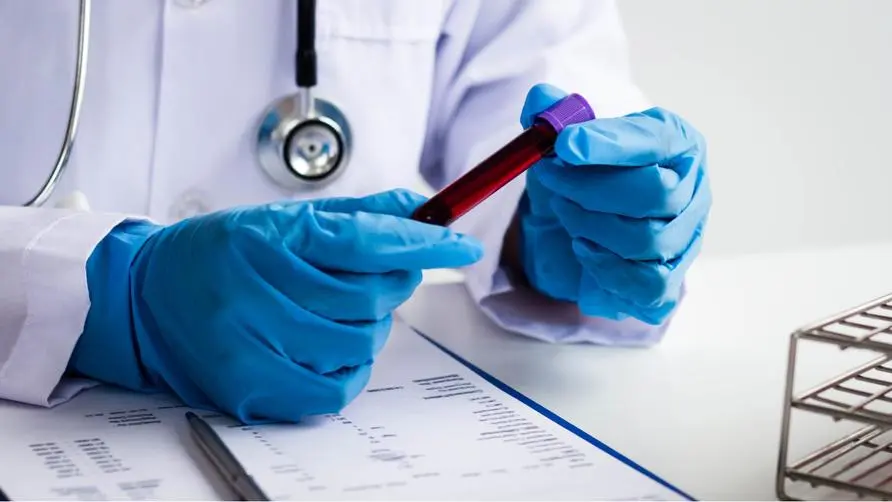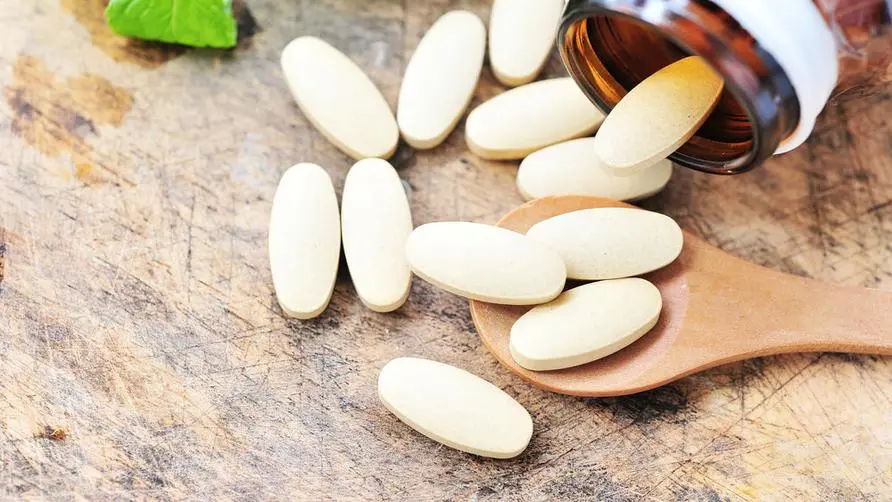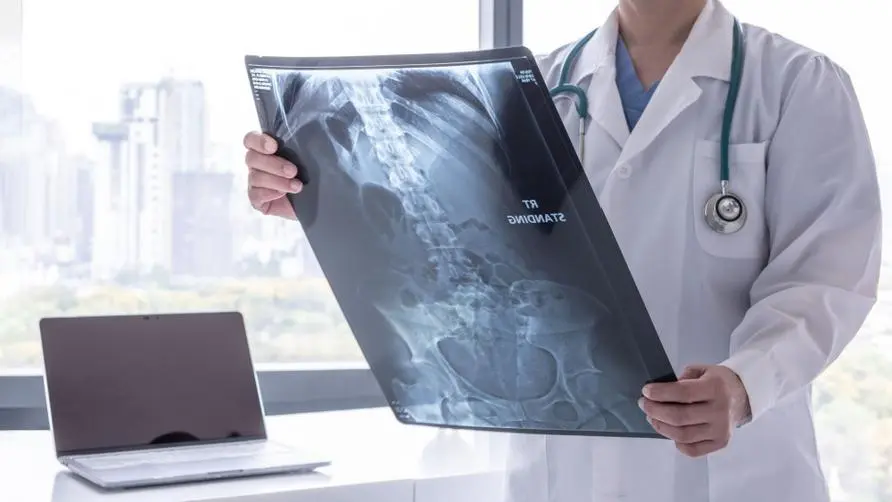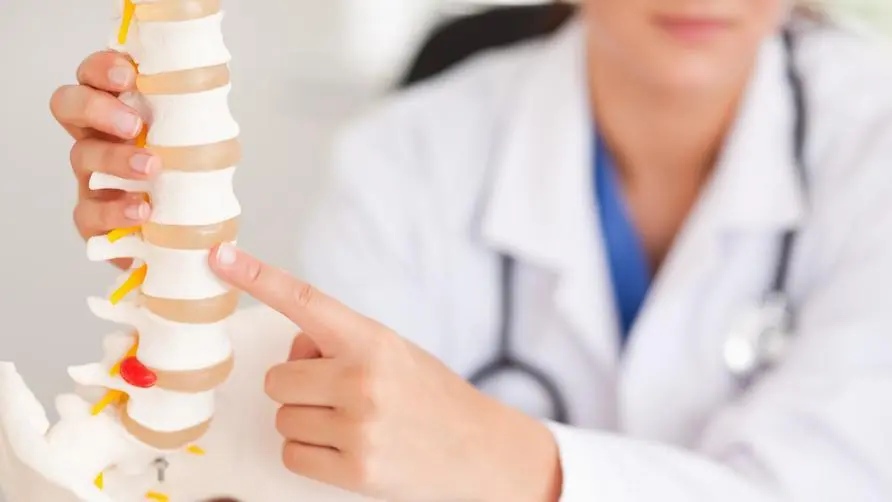40% of young adults have insufficient vitamin D! How to take and supplement vitamin D to prevent osteoporosis?
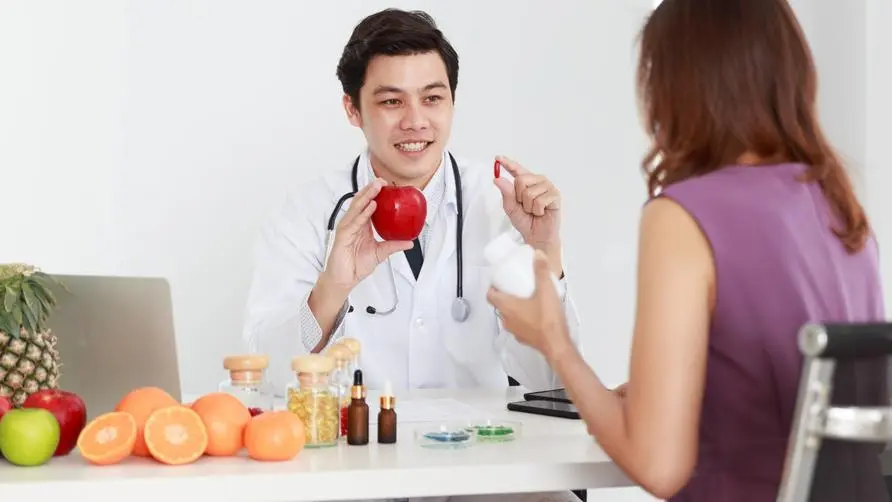
Is osteoporosis related to vitamin D deficiency? These groups are the most dangerous
Osteoporosis is not only calcium deficiency, but also closely related to vitamin D deficiency? Dr. Yan Kerun, the attending physician at the Orthopedics Department of Guangtian General Hospital, pointed out that although the public knows the importance of osteoporosis to health, they often do not understand or underestimate the importance of vitamin D. In fact, vitamin D can enhance the absorption of calcium by the gastrointestinal tract and kidneys, which plays an important role in human growth and bone maintenance.
The proportion of Taiwanese people who are vitamin D deficient is also higher than commonly imagined. Dr. Yan Kelun said that research shows that at least 20% of Taiwanese people have low vitamin D, and among them, up to 40% of young adults aged 30-40 years old have insufficient vitamin D after testing. In addition, certain ethnic groups, such as urban residents, higher education levels, women, and less outdoor activities, are all common high-risk groups for vitamin D deficiency.
How to supplement vitamin D? Don’t neglect the sun-exposed diet
How much vitamin D is enough per day? Dr. Yan Kelun explained that the International Osteoporosis Foundation (IOF) recommends a daily intake of vitamin D of 1,000 to 1,200 IU (international units)“depending on different age groups.” If the intake is too low, the effect will be ineffective. If the intake is too much, vitamin D will promote the absorption of calcium ions in the gastrointestinal tract, which may lead to hypercalcemia. The best way to supplement vitamins is to combine diet and sun exposure. Relying on food without sun exposure, or only relying on sun exposure without dietary supplements, are not the best choices.
Dr. Yan Kelun said that foods rich in vitamin D include salmon, mackerel, mushrooms, eggs, milk, and cod liver oil. Compared with vitamin C, which is not resistant to high temperatures or easily loses its efficacy due to cooking, vitamin D can withstand temperatures exceeding 100 degrees. In addition to frying and deep-frying, almost all cooking methods will not affect its activity. It is worth mentioning that the vitamin D content of mushrooms that have been exposed to the sun will also increase.
As for sun exposure, Dr. Yan Kelun reminds that if you bask in the sun indoors in front of a floor-to-ceiling window, the glass will block most of the ultraviolet rays; or if you are exposed to the sun outdoors but apply sunscreen products, which blocks ultraviolet B, it will also greatly reduce vitamin B levels. D is generated. It is recommended to adjust the sun exposure method appropriately, such as exposing yourself to the sun for a period of time, accumulating enough exposure, and then applying sunscreen. Or only apply it on the face, upper limbs and other parts that need to avoid getting too tanned.
Do lifestyle habits accelerate bone loss? Women should be careful after menopause
Which lifestyle is related to bone loss? Dr. Yan Kelun pointed out that habits that can easily lead to bone loss include smoking, being underweight, and not spending time in the sun. In addition, women must pay special attention to the fact that the rate of bone loss increases significantly after menopause.
It is recommended to eat a balanced diet in daily life, avoid smoking, develop regular exercise habits (including weight training, weight-bearing exercise, etc.), supplement calcium and vitamin D appropriately, and follow up with bone density examinations every one to two years.
Your back hurts so much when you move things that you can’t sit still? Beware of spinal fractures caused by osteoporosis
Dr. Yan Kelun reminded that many elderly people will suffer from unbearable back pain and restlessness if they just fall to the ground a little or use force to move heavy objects. After examination, it is found that there is a vertebral fracture in the spine, and the patient cannot sit even if he is asked to stand. Neither. It has been shown that after bone loss, the body faces a higher risk of fractures.
Doctors urge people not to wait until a fracture occurs and the body suffers severe pain to realize the importance of bone quality. Bone density must be checked every 1 to 2 years. If you already have bone deficiency or osteoporosis, you should make dietary adjustments as soon as possible, get more sun exposure, exercise regularly, and seek medication advice from your doctor.
Further reading:

